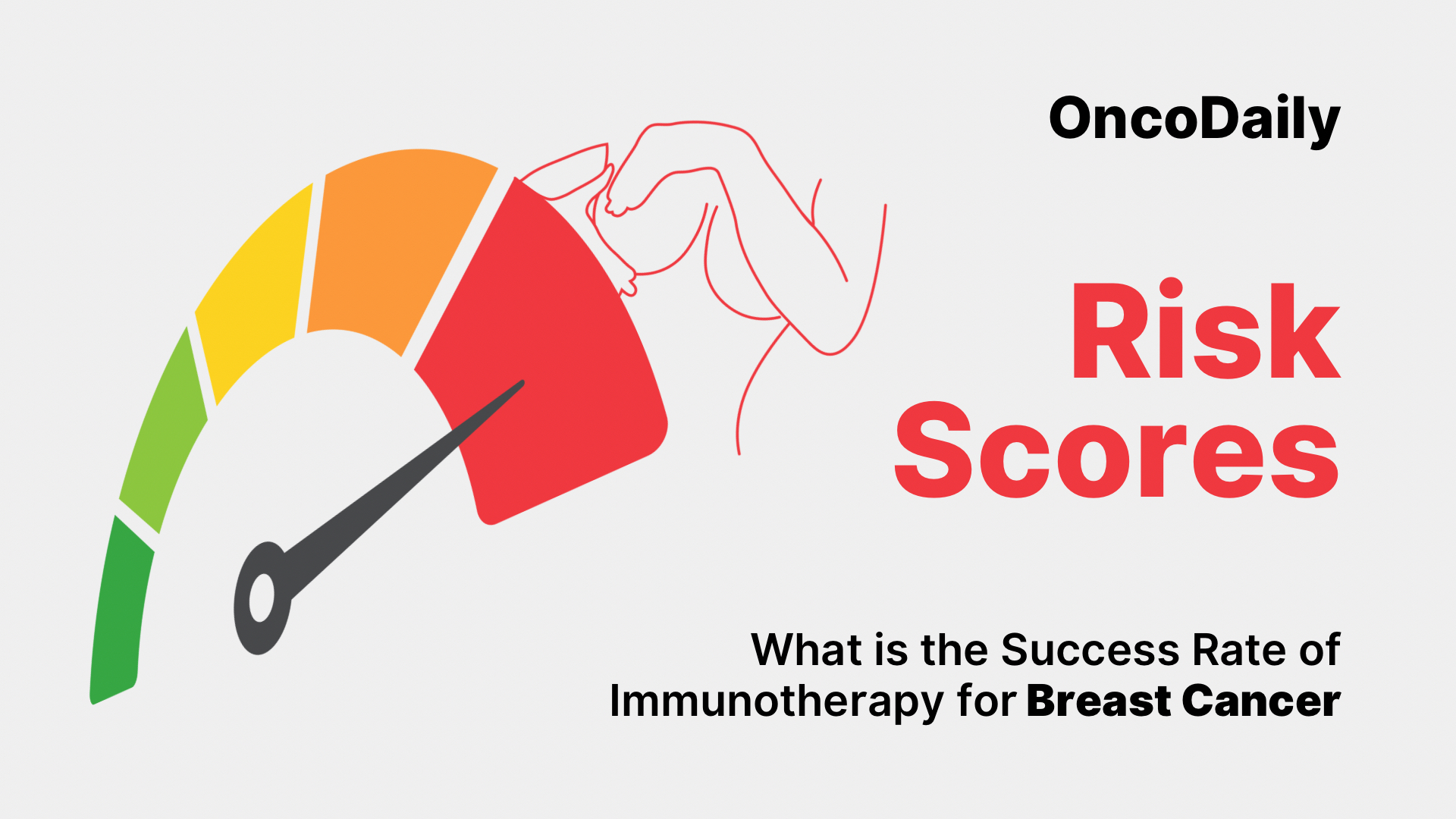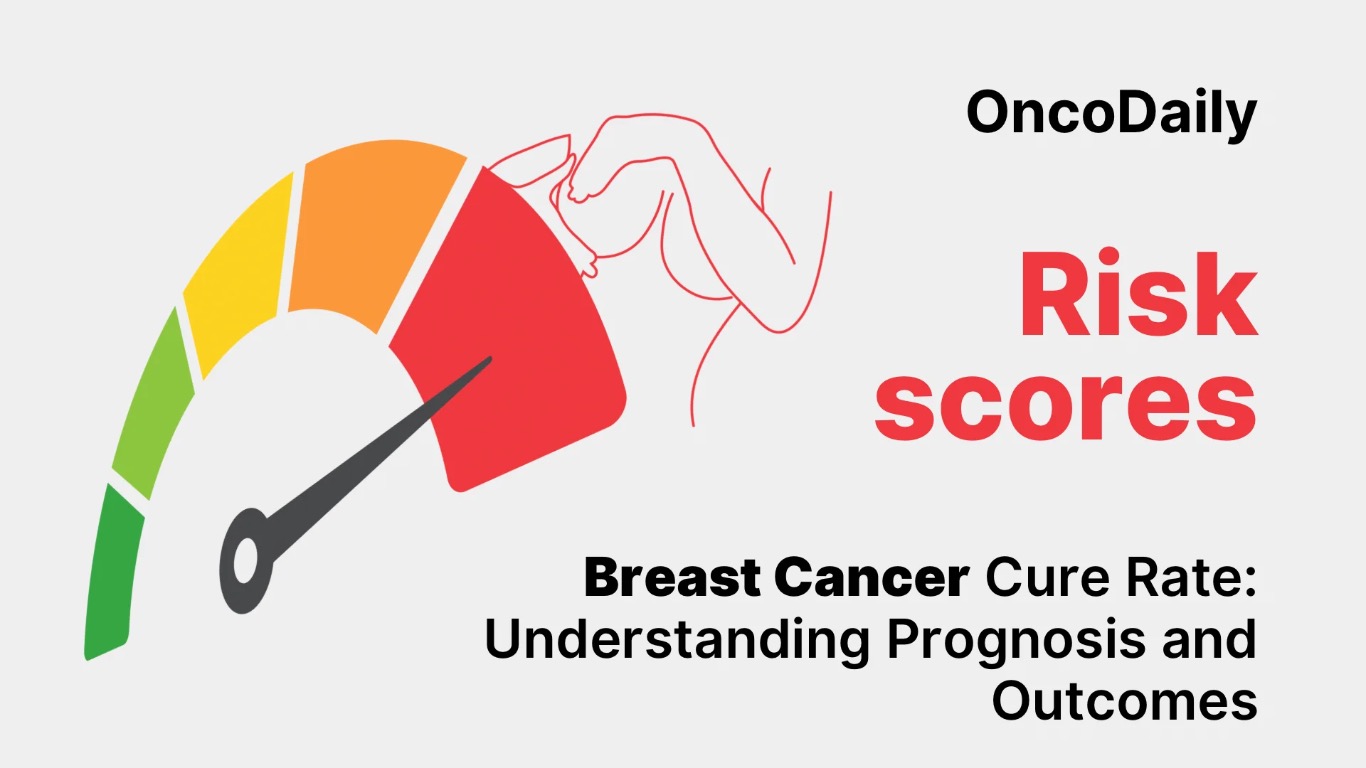Ever since the low yield of the Snapdragon 8 Gen 1 chip that Samsung Foundry manufactured, Qualcomm moved to TSMC for its chip manufacturing, starting with the Snapdragon 8+ Gen 1. However, a recent report from a Korean news outlet suggests…
Blog
-

Bayt Mal Al Qods Acharif Agency Elevates Palestinian Startups at Expand North Star
Rabat — The Expand North Star 2025 conference kicked off today in Dubai Harbour, drawing thousands of entrepreneurs and investors from around the world. The four-day event brings together startups and venture capitalists eager to forge connections and secure funding for innovative projects.
Morocco’s tech industry has a presence at the summit, with companies working in various sectors within modern technology, including artificial intelligence and cloud services.
Alongside nearly 2,000 other startups from more than 100 countries, which Expand North Star asserts is the highest showing of growth and late-stage startups anywhere. Within this fold, Moroccan startups are set to display their innovations in front of investors who manage combined assets exceeding one trillion dollars.
The Bayt Mal Al Qods Acharif agency, which operates under the Al Qods Committee chaired by King Mohammed VI, set up an institutional pavilion at the summit.
The agency also created the BMAQ Innovation Hub, a dedicated space that features six Palestinian startups. This hub gives emerging Palestinian companies access to networks and funding sources they need to grow.
The Dubai Digital Chamber first organized Expand North Star in 2015 as part of the broader GITEX Global technology conference. This 2025 edition will mark the startup and investor event’s tenth-year running.
Startups at the event will present solutions across multiple domains, including mobility, healthtech, logistics, and finance, creating a hub where companies will seek out partnerships and investment capital for their projects.
For the most ambitious edition yet, Expand North Star has introduced the ScaleX platform, which features 50 of the world’s fastest-growing tech companies. A new section called North Star Green Impact focuses specifically on startups tackling climate change and environmental challenges through innovation.
The conference also features the Deeptech MEA Summit, which promotes artificial intelligence and robotics breakthroughs in the Middle East and Africa. A separate Digital Assets Forum addresses crucial questions about the future of global finance and digital currencies.
Starting Monday, adjacent to the innovative energy at Expand North Star, the GITEX Global 2025 tech show will open its doors at the Dubai World Trade Center. The broader summit will exhibit advances in artificial intelligence, fintech, healthtech, and smart city solutions, among others, and is expected to bring in a strong showing of almost 200,000 people from over 170 countries.
Continue Reading
-

Apple Expands Free Offer For iPhone And Apple Watch Ultra 3 Users
Updated Oct. 12 with more details of the offer and where Emergency SOS via satellite is available.
Apple introduced Emergency SOS via satellite on the iPhone in 2022. At the time, it was revolutionary, though other services, such as T-Mobile’s…
Continue Reading
-

USB-C peripherals are finally becoming mainstream, and it should have happened sooner
Over the past few years, I’ve been increasingly surprised at the fact that so many high-end computer peripherals are still coming out with USB Type-A cables or dongles. I reviewed many Keychron keyboards costing upwards of $100, yet they always…
Continue Reading
-

Reanimal Gameplay Highlights Atmospheric Opening Ahead of PC Demo’s Release
Back in August, Tarsier Studios showcased the first 13 minutes of gameplay from Reanimal, its upcoming co-op horror adventure. As it turns out, however, this didn’t include the opening story bits, which start with The Boy alone in the water….
Continue Reading
-

Saturn’s moon Mimas may hide young ocean below its icy surface
Saturn’s small, cratered moon, Mimas, may secretly harbor a young subsurface ocean — a finding that could reshape how scientists define ocean worlds in the solar system, new research suggested.
“When we look at Mimas, we don’t see any of…
Continue Reading
-

Immunotherapy Success Rate for Breast Cancer. What Patients Need to Know in 2025
The immunotherapy success rate for breast cancer has become an increasingly important question as immune-based treatments continue to reshape oncology. While chemotherapy, hormone therapy, and targeted therapies have long been standard approaches, immunotherapy has emerged as a transformative option, particularly for aggressive types like triple-negative breast cancer (TNBC). Patients and clinicians alike now ask: How effective is immunotherapy for breast cancer, and who benefits the most?
Read More About Triple-Negative Breast Cancer on OncoDaily
Understanding Immunotherapy in Breast Cancer
To evaluate the immunotherapy success rate for breast cancer, it’s essential to understand how these treatments work. Immunotherapy activates the body’s immune system to detect and destroy tumor cells. However, breast cancer cells often evade immune detection by exploiting inhibitory pathways such as PD-1 and PD-L1, which suppress immune responses. Drugs that block these pathways, known as checkpoint inhibitors, restore immune activity and enable the body to attack cancer cells.
Among the breast cancer subtypes, TNBC is considered the most responsive to immunotherapy because it tends to have higher levels of tumor-infiltrating lymphocytes and PD-L1 expression. These immune characteristics make TNBC more immunogenic compared to hormone receptor–positive (HR+) or HER2-positive tumors.
FDA-Approved Immunotherapy Treatments
The most notable breakthroughs defining the immunotherapy success rate for breast cancer come from trials involving atezolizumab and pembrolizumab. Atezolizumab (Tecentriq) was the first immune checkpoint inhibitor approved for breast cancer. In the landmark IMpassion130 trial, atezolizumab combined with nab-paclitaxel extended progression-free survival in patients with PD-L1–positive metastatic TNBC compared to chemotherapy alone. Median progression-free survival increased from 5.0 months to 7.5 months, representing a 38% reduction in disease progression risk (Schmid et al., New England Journal of Medicine, 2018).
Later, pembrolizumab (Keytruda) achieved FDA approval following the KEYNOTE-355 trial, which combined pembrolizumab with chemotherapy in metastatic TNBC. Among patients with PD-L1 expression (CPS ≥10), pembrolizumab improved median overall survival from 16.1 to 23.0 months, marking a 35% increase in survival (Cortes et al., Lancet, 2022). These findings have made pembrolizumab the cornerstone of immunotherapy in PD-L1–positive metastatic TNBC, greatly influencing the immunotherapy success rate for breast cancer.
Immunotherapy in Early-Stage Breast Cancer
Immunotherapy has shown even greater promise in early-stage disease, where it is used alongside chemotherapy to improve surgical and long-term outcomes. The KEYNOTE-522 trial demonstrated that pembrolizumab combined with chemotherapy before and after surgery improved both pathologic complete response (pCR) and event-free survival in high-risk early TNBC. Patients who received pembrolizumab achieved pCR in 64.8% of cases, compared to 51.2% with chemotherapy alone, while three-year event-free survival improved from 76.8% to 84.5% (Schmid et al., NEJM, 2022). This established pembrolizumab as part of the standard regimen for early-stage TNBC and significantly improved the immunotherapy success rate for breast cancer in this setting.
Subtype-Specific Success Rates
The immunotherapy success rate for breast cancer varies substantially across molecular subtypes. Triple-negative breast cancer remains the leading beneficiary, while other forms show more limited results.
In triple-negative breast cancer, immunotherapy combined with chemotherapy achieves objective response rates between 35% and 40% in metastatic PD-L1–positive disease and pathologic complete response rates above 60% in early-stage tumors. For HER2-positive breast cancer, research combining checkpoint inhibitors with trastuzumab or other HER2-targeted therapies has yielded response rates of 10–15% (Niikura et al., Cancer Science, 2021). In contrast, hormone receptor–positive breast cancer tends to be less immunogenic, and response rates are typically below 10%, though ongoing trials with checkpoint inhibitors and CDK4/6 inhibitors aim to improve outcomes (Emens et al., JCO, 2023).

Read About Breast Cancer Cure Rate on OncoDaily
Combination Strategies to Improve Success
To enhance the immunotherapy success rate for breast cancer, oncologists are exploring combination strategies that target multiple biological pathways simultaneously. Combining immunotherapy with chemotherapy has been the most successful, as chemotherapy can increase tumor antigen release and improve immune system recognition. Other promising combinations include immunotherapy with PARP inhibitors for BRCA-mutated tumors, radiotherapy to induce immunogenic cell death, and HER2-targeted agents to increase immune activation. Each approach aims to make resistant breast cancers more responsive to immunotherapy, thereby improving overall success rates.
Overall Success Rate and Outcomes
Current evidence shows that the immunotherapy success rate for breast cancer depends strongly on disease stage, tumor biology, and biomarker expression. Across all breast cancer subtypes, the average response rate to immunotherapy ranges from 20% to 30%. In PD-L1–positive TNBC, response rates reach up to 40% in metastatic disease and over 60% in early-stage cases when pembrolizumab is combined with chemotherapy. Meanwhile, patients without PD-L1 expression or with hormone receptor–positive disease generally experience limited benefits, underscoring the importance of biomarker-driven therapy.
Factors Influencing Immunotherapy Response
Several key factors influence the immunotherapy success rate for breast cancer. PD-L1 expression is the most reliable predictor of response, with higher expression correlating with better outcomes. Tumor-infiltrating lymphocytes also enhance immunogenicity, improving the effectiveness of checkpoint blockade. In addition, high tumor mutational burden (TMB) and BRCA mutations increase neoantigen formation, enhancing immune detection. These biomarkers are now routinely assessed to determine eligibility for immunotherapy.
Safety and Tolerability
Although immunotherapy has clear benefits, it can cause immune-related side effects, including thyroid inflammation, pneumonitis, hepatitis, and skin reactions. These events occur in about 15–20% of patients and are usually manageable with corticosteroids. Compared to traditional chemotherapy, immunotherapy tends to offer a more favorable safety profile, especially in long-term use.

Read About AI in Breast Cancer Detection on OncoDaily
Future Perspectives
The future of immunotherapy in breast cancer looks promising. Researchers are developing new immune checkpoint inhibitors targeting LAG-3, TIGIT, and TIM-3, as well as personalized cancer vaccines and CAR T-cell therapies directed at breast-specific antigens like MUC1 and HER2. Combining these approaches with genetic and immune profiling will likely increase the immunotherapy success rate for breast cancer even further, expanding its use beyond TNBC to other subtypes.
Conclusion
The immunotherapy success rate for breast cancer varies widely depending on tumor characteristics. The greatest benefits are seen in PD-L1–positive triple-negative breast cancer, where pembrolizumab and atezolizumab have shown remarkable results, with response rates of 35–65% depending on disease stage. In early-stage TNBC, immunotherapy combined with chemotherapy has become a standard treatment, significantly improving survival and cure potential. Although results remain modest in HER2-positive and hormone receptor–positive cancers, ongoing research and combination strategies are rapidly expanding immunotherapy’s impact. With continued scientific progress, the immunotherapy success rate for breast cancer is expected to rise, offering new hope to patients across the spectrum of disease.
You Can Watch More on OncoDaily Youtube TV
Written by Armen Gevorgyan, MD
Continue Reading
-

Alex Kingston reveals womb cancer battle, her ‘shocking’ symptom
Alex Kingston is opening up about her battle with cancer and the terrifying medical incident she experienced while on stage.
The “ER” and “Doctor Who” star, 62, revealed in an interview with The Independent published Oct. 10 that she completed…
Continue Reading
-

New approach targets social skills to help schizophrenia patients heal
Schizophrenia, a serious mental illness that affects how people think, feel and behave, often begins during the teenage years when the brain is still developing, according to the National Institute of Mental Health. Photo by cottonbro studio/Continue Reading

Daily soft drink consumption linked to depression risk, new study reveals
A recent scientific study has revealed that the daily consumption of soft drinks can be harmful not only to physical health but also to mental well-being, as it disrupts the balance of gut bacteria, increasing the likelihood of depression,…
Continue Reading
